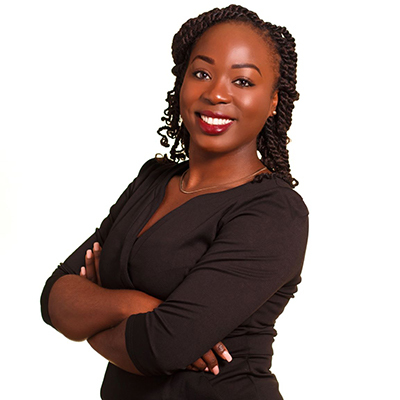DEI issues in the medical field abound as much as in other sectors. Often, marginalized groups are underrepresented in clinical trials, which provide less reliable studies and leave out groups that could benefit from scientific innovation. The American College of Cardiology explains how clinical trials often overlook and even exclude people with disabilities:
“Over half of people with heart disease have one or more disabilities related to cognition, mobility, vision, independent living, self-care or hearing as defined by the Centers for Disease Control and Prevention (CDC). However, the new study found that 38% of clinical trials listed a disability among their exclusion criteria, and only 8% of trials reported disability status as part of their baseline data”.
A recent LinkedIn post makes a strong case for the benefits of including people who are blind in clinical trials and how it helps companies overcome some of the most pressing challenges they face:
“The inclusion of individuals who are blind in clinical trials offers a myriad of benefits that extend far beyond ethical considerations. By embracing this inclusivity, pharmaceutical companies can address core challenges they commonly encounter in patient-centered clinical trials. The impact of this inclusion ripples through the entire trial process, ultimately leading to more reliable results and more patient-centered interventions. As we move forward in clinical research, let’s remember that creating a more inclusive environment isn’t just the right thing to do – it’s a strategic step towards shaping a more effective and empathetic healthcare industry for all”.
Creating more diverse, equitable, and inclusive systems and practices means thinking about how people with disabilities, a major marginalized group around the world, are represented in medical studies. Exclusion from clinical trials is a hidden universe of continuing social underrepresentation. Disability inclusion doesn’t just serve the person with the disability; it serves scientists, medical institutions, and the future of all people because it results in better scientific studies. Similarly, looking at how your organization’s can better serve people with disabilities will likely result in an overall improvement of your organizations’s workplace, as well as its products and services. Perhaps you may find hidden pockets of bias and social underrepresentation.
If you aren’t already subscribed to our complimentary ESG blog, sign up here: https://practicalesg.com/subscribe/ for daily updates delivered right to you.










